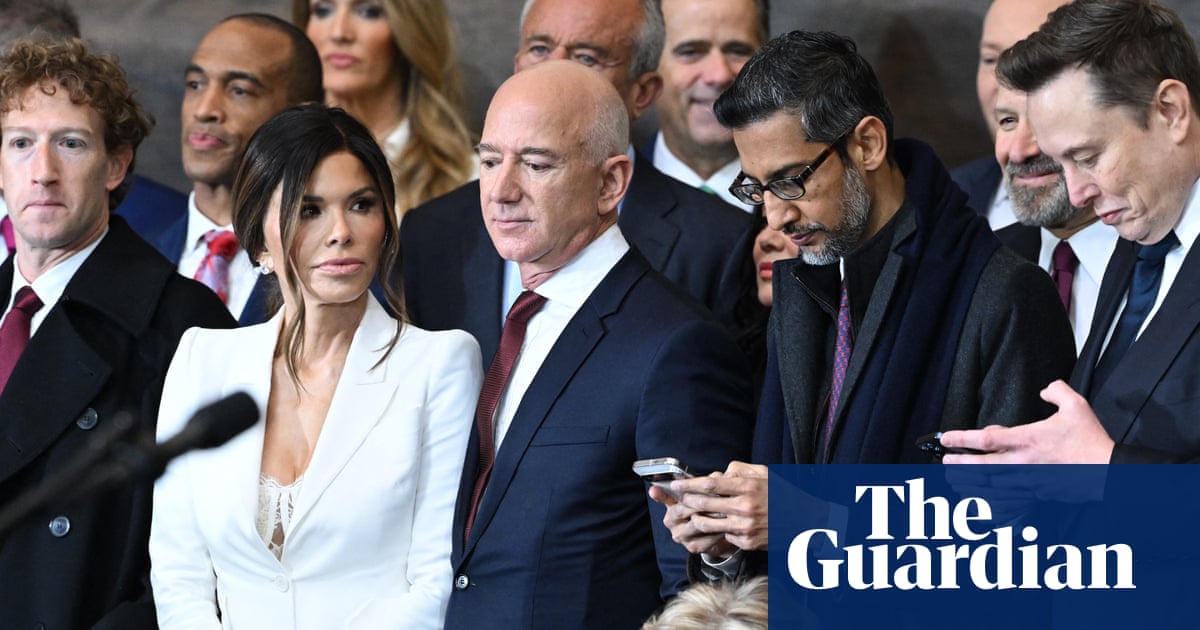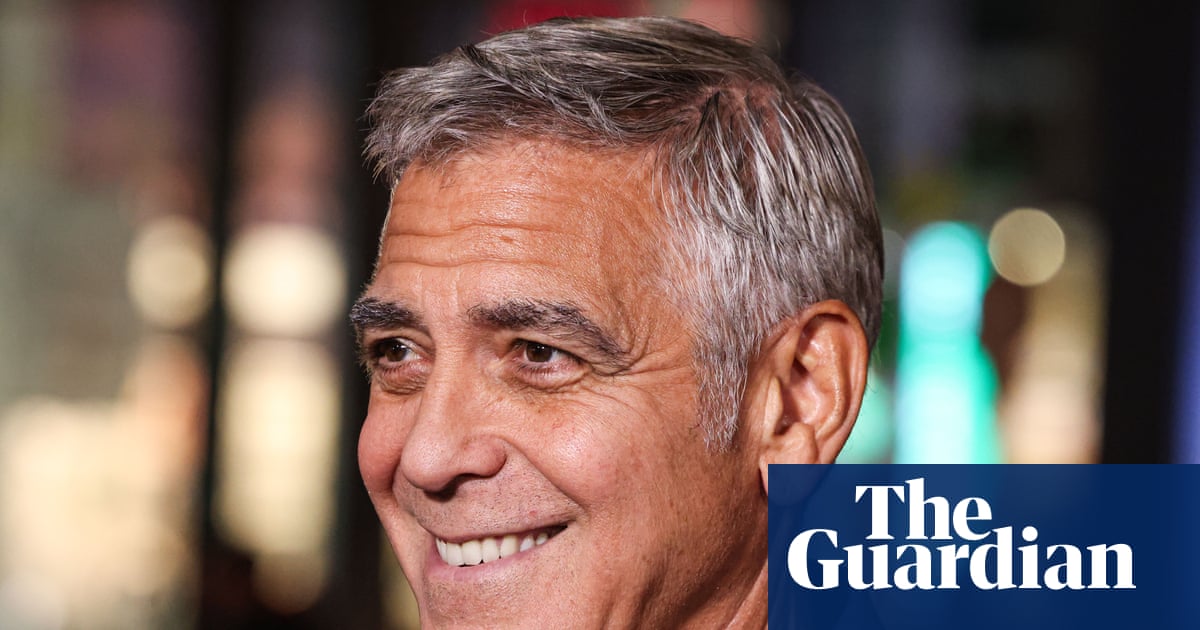As the 1960s turned into the 1970s, it wasn’t cool for star actors to be good-looking. The style was more a scuffed, grizzled, bleary, sweaty, paunchy and shlubby realness. The fashion was for leading men like Gene Hackman, Jack Nicholson, Woody Allen. Even a very beautiful man like Paul Newman had a kind of rugged, daylit quality. But Robert Redford was very different. This was the supremely beautiful movie star who went on to direct, produce and then be the guardian and gatekeeper of commercial-indie US cinema at his Sundance Institute. And he was always an outlier.
When movie audiences thrilled to George Roy Hill’s western Butch Cassidy and the Sundance Kid in 1969, they knew that in breakout star Redford they had an almost indecently attractive male, however much he might dress it down with buckskins and moustaches, playing the devil-may-care outlaw Sundance Kid himself. His sardonic charisma and sexiness shone through. And when he cleaned himself up for other roles, teaming up again with Paul Newman for the Jazz Age conmen caper The Sting in 1973, the effect was electric. Neatly trimmed and shaved, Robert Redford was just outrageously handsome, incandescently handsome, he was handsomeness on legs. His photograph was in the dictionary next to “handsome”.
In Butch Cassidy and the Sundance Kid, Paul Newman might be permitted to entertain Katherine Ross with his wacky stunts on a bicycle, to the accompaniment of Raindrops Keep Fallin’ On My Head. But it was blond bombshell Redford who was actually going to have sex with her. Robert Redford was a throwback to the era of Douglas Fairbanks and Tyrone Power, the Hollywood era of gasp-inducingly handsome matinee idols and swoonworthy dreamboats, absurdly handsome men whose beauty seemed to have been nurtured in some Hollywood petri dish.
The American movie business was reputedly trying to imitate some of the dash and freewheeling style of the French New Wave directors — and Redford became, for a while, the Bardot of the American New Wave, but with a self-awareness and a comic self-deprecation that made him irresistible to women and men. He was a comic performer with wonderful flair, but never, in my view, very well served by very serious pictures like The Great Gatsby (1974) in which he played Fitzgerald’s enigmatic plutocrat or The Way We Were (1973) in which he is the shallow Wasp in love with Barbra Streisand’s Jewish intellectual. In those films, for me, Robert Redford would sometimes appear to retreat into himself, into his own misty-eyed aura, like a very lonely and beautiful woman.
His best film of that time is surely Michael Ritchie’s superb political satire The Candidate, a movie released in June 1972, 12 days after the Watergate break-in. Redford plays Bill McKay, an idealistic young Democratic candidate for the US Senate, and the movie shows him on the campaign trail inexorably trimming his standards and watering down his principles as he gets closer and closer to winning.
Redford’s pure handsomeness itself achieves a sublimely satirical quality in the film: politics is supposed to be showbusiness for ugly people, but Redford’s physical beauty is symbolic of how the ruling class sees itself — and a symbolic of the bland, specious plausibility of mainstream political ideas. In All The President Men (1976) he was Bob Woodward to Dustin Hoffman’s Carl Bernstein — another “buddy” pairing of the sort he and Newman made fashionable in 1970s cinema. It was a heartfelt, liberal movie in which you knew who the good guys were, but without the edge and cool ambiguity of Ritchie’s The Candidate.
As the years went on, there was something rather too controlled and preserved about Redford’s performing style, although he remained an above-the-title A-list star. He played opposite that nuclear scene-stealer Meryl Streep in Out Of Africa (1985) and inevitably got royally upstaged; in the 90s, he was still the romantic lead in Up Close & Personal opposite Michelle Pfeiffer and in Indecent Proposal he was the wealthy businessman who makes a rather preposterous “proposal” which appeared to offer audiences a rather contrived dilemma in which feminism is neither here nor there.
But this was the era in which Redford was branching out into direction. His Ordinary People (1980) was the spectacularly uptight and distraight upper-class family drama-tragedy starring Donald Sutherland and Mary Tyler Moore.
It was very respectfully received at the time, although film historians have never quite forgiven Redford for beating Scorsese’s Raging Bull to the best picture Oscar, and Ordinary People tends to be dismissed as one of the great Academy Award mistakes. The environmental themes of his The Milagro Beanfield War (1987) and A River Runs Through It (1992) were again treated with respect but there was no great excitement.
But Redford did score one resounding success as a director, and that is with his tremendous media satire Quiz Show (1994), the story of the rigged TV game show scandals of the 1950s, with Ralph Fiennes as the talented but venal young academic seduced by TV celebrity and Paul Scofield as his sorrowing father. This film performed poorly at the box office, but it is really good: and Redford’s direction of Fiennes is very assured. He got from that actor one of his very best screen performances.
But of course it is the Sundance Institute and its annual festival of independent film that Robert Redford’s real and lasting legacy — built on land in the skiing country around Park City, Utah which Redford bought and on which he built an institution which administers funds and fellowships which help young film-makers.
Sundance itself has come in for a bit of criticism these days; it’s a festival which I’ve heard denounced as encouraging a parodied kind of Sundance movie, of pallid, humourless, underclass emoting of lost souls, photographed in stonewashed colours — the equivalent of Brit realist miserabilism — while the festival is now allegedly packed with studio-bound careerists intent on an “indie” break which will get them a superhero franchise.
Well, no matter. Who can doubt the remarkable ambition and imagination of Robert Redford, who created something that outlasted his own very formidable career? He was always more than a pretty face.

.png) 1 month ago
38
1 month ago
38

















































